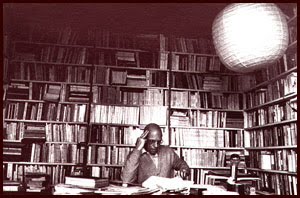The aspect of power/knowledge best suited for adoption by those dissatisfied with traditional political economy, social psychology, or political theory, Foucault’s concept of biopolitics addresses the machinations of power on the historically inscribed body, as well as the diffusion of actual relations of power between such bodies. In the lecture series “Security, Territory, Population” and “The Birth of Biopolitics”, he delves into the details of the conditions of power relations in neoliberal societies. Cautious to distinguish liberal and neoliberal contexts from the commonsense notion of freedom, and to differentiate power relations from individual rights or privileges, his argument rests on the ideas developed in his edited works such as Discipline and Punish, or the end of History of Sexuality. Here, biopolitics takes on the characteristics of State apparatuses, but extends beyond them into the quotidian practices of material, discursive, and economic life.
Tag Archives: ideas


Foucault – on Governmentality
Introduced by Foucault late in his career, during the lectures at the College de France, governmentality spawns perhaps the most discussion among contemporary readings of his works. And no wonder:
Continue reading
Internet – Geography, and Africa Introduced
We expect no clean equivalence between infrastructure, labor, capital, and internet development. Still, we know that the growth of a robust modern internet takes vast amounts of time, skilled labor, and knowledge — all elements of advanced capital. So, when we consider the rise of today’s African internet, we must ask, first, who builds it — and then, where its infrastructure overlaps or clashes with existing geographical patterns. Heavily visual organization and logic help think through these issues of backbone, traffic, and investment. Their combination leads to some interesting insight to the specific challenges facing the continuation of Africa’s internet-building. Continue reading